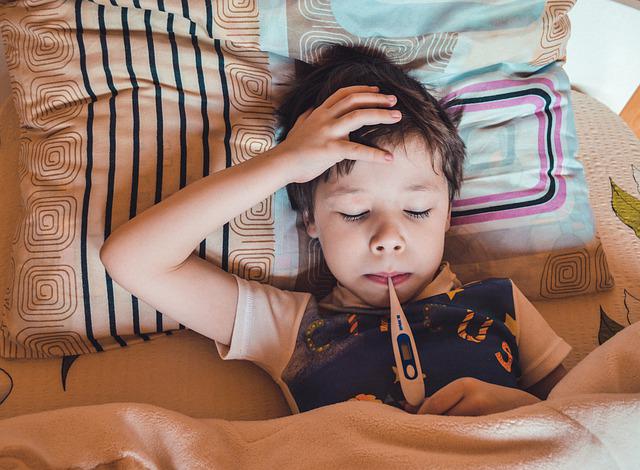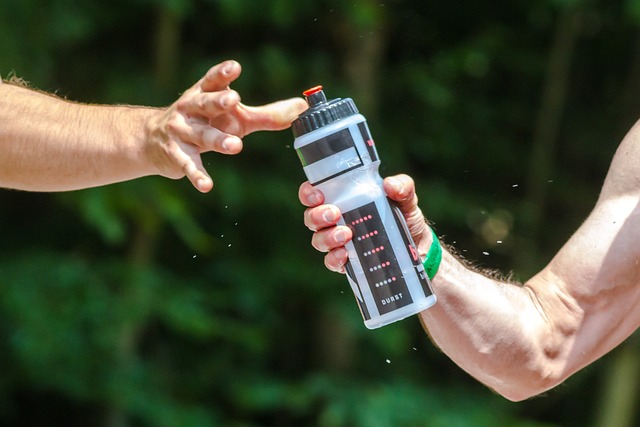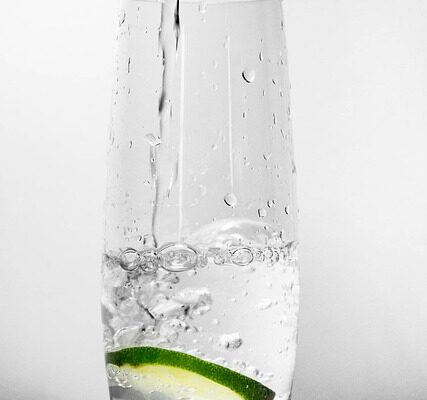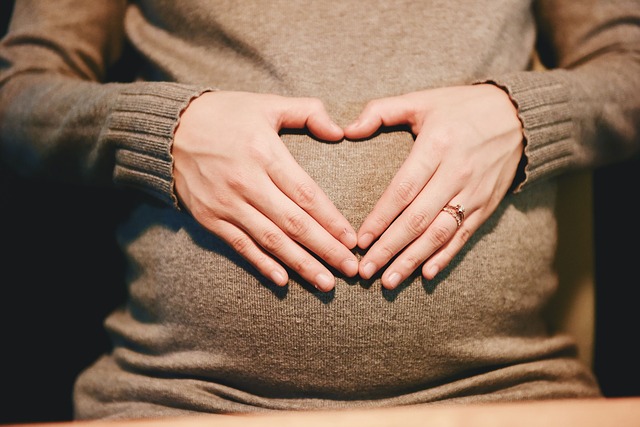Just about everyone knows the average adult should drink 8 cups of water per day. Of course, if you are working out or have been sweating more than usual due to hot weather, you should increase water consumption.
Your body contains more water than anything else—depending on your gender, water accounts for 55% to 60% of your entire body weight. Water aids in the regulation of your body’s temperature, the transfer of nutrients, and the elimination of waste.
Every day, you lose water from breathing, sweating, urinating, and defecating, and that water must be refilled. Here’s all you need to know about staying hydrated and drinking enough water.
How Much Water Should You Consume?
Individuals frequently ask how much water they should consume each day to keep healthy. While that may appear to be a straightforward question, there is no simple response. It is affected by environmental and physical elements that change on a daily basis.
Additionally, water isn’t the only thing that keeps you hydrated—about 20% of your water consumption comes from the things you eat. The remaining 80% is derived from beverages such as water, coffee, tea, milk, and anything else liquid.
Years of research from The National Academy of Sciences’ Institute of Medicine came up with guidelines for total daily water intake (including meals and beverages) for persons aged 19-50. Remember that these are only suggestions. Your requirements may differ depending on your medical history and amount of activity.
Pregnant Women
According to the Academy of Medicine, pregnant women require approximately 13 cups of fluids per day (10 cups of water and drinks).
Some women retain additional fluid and experience swelling during pregnancy, but this does not lessen their need for water.
Persons who are Breastfeeding
Because breast milk is mainly water, you will need to consume plenty of water or other nutritious beverages when. According to some studies, all breastfeeding mothers drink approximately 13 cups of water per day.
Consult with your doctor or if you are lactating or pregnant about how much water you should drink each day. Your own requirements may differ from the Institute of Medicine’s recommendations.
Children
Water consumption varies among children aged 18 and under and is affected by factors such as age and gender. The Institute of Medicine suggests the following fluid consumption for children of various ages:
- Children aged 1 – 3 years: 5.5 cups total water per day. This consists of around 4 cups of total beverages, including drinking water.
- Children are aged 4 – 8 years: 7 cups of total water per day. This consists of around 5 cups of total beverages, including drinking water.
- Boys aged 9 – 13 years: 10 cups total water per day. This equates to around 8 cups of total beverages, including drinking water.
- 14 cups of total water per day for boys aged 14 to 18 years. This equates to around 11 cups of total beverages, including drinking water.
- 9 cups of total water per day for girls aged 9 to 13 years. This consists of around 7 cups of total beverages, including drinking water.
- Girls aged 14 – 18 years: 10 cups of total water per day. This equates to around 8 cups of total beverages, including drinking water.

There are numerous advantages to drinking more water. Drinking more water can help you keep hydrated and maintain proper bodily function, as well as provide a variety of other health benefits. Here are some of the advantages of drinking more water.
Improved Physical Performance
According to a 2018 study published in the Journal of the International Association of Sports Nutrition, proper hydration improved athletes’ power, focus, and heart rate recovery time.
Fewer Headaches
A 2011 study discovered that higher water consumption was connected with a lower frequency of headaches. The researchers suggested that patients suffering from frequent headaches increase their water consumption as a noninvasive therapeutic option.
Regularity of bowel movements
While laxatives are thought to be an effective treatment for constipation, a 2015 study found that older persons are frequently dehydrated as a result of not drinking enough water, which can promote this disease. Consuming the proper amount of water can help the digestive system and increase stool frequency.
Weight Loss
According to a 2013 study, drinking water resulted in a considerable decrease in body weight and BMI (BMI). We were asked to consume 2 cups of water before each meal to fifty overweight persons. Water consumption boosted thermogenesis, or the “thermic effect” of food, allowing individuals to burn more calories throughout the day.
When You Should Drink More Water
Depending on how active you are, where you live, and your present health status, some people may need to boost their water consumption more than others. Here are some of the elements that can influence how much water you should drink to stay hydrated.
Workout on a regular basis
Greater physical activity, such as exercise or manual labor, can cause you to sweat more. It’s ideal for drinking 2 to 3 cups of water before your activity and for staying hydrated throughout. If you’re working or exercising in intense heat, you may need 1 cup of water or more every 15 minutes or so.
The Weather Is Hot
Water is necessary for body temperature regulation, so whether you’re outdoors on a hot day or inside without air conditioning, you’ll need extra water as you sweat from the heat. Even if you’re not physically active, spending the day in 90-degree weather could more than quadruple your daily fluid requirement. If you are very active, you may need even more.
High altitudes
At higher heights, air pressure is lower than at sea level. Individuals who live at higher elevations lose more fluid per day due to changes in breathing.
The greater the chance for fluid loss, the higher you go. If you’re going on a mountain hike, be prepared and bring plenty of water.
Illness
If you have a fever and are dehydrated, the fever may worsen. Drink water or other fluids to stay hydrated. Diarrhea can occur for a variety of reasons, including infections, IBS, and inflammatory bowel illnesses.

Nonetheless, diarrhea, regardless of the reason, can result in Dehydration. Consume plenty of drinks both during and after diarrhea to stay hydrated.
Hangover
Too much alcohol will result in a hangover the next day. While one or two alcoholic beverages should not be harmful, excessive consumption might induce Dehydration, inflammation, a headache, and stomach distress.
Consume more water while you’re getting over from illness or from a hangover. And the next time you drink alcohol, remember to hydrate in between drinks not just to avoid a hangover but this will slow your rate of consumption.
Indications You Should Consume More Water
Most people can estimate their water intake by observing the color of their pee. If you drink enough water, your urine will be pale yellow, and you will need to urinate numerous times every day. Nevertheless, simply glancing at the color of your pee isn’t necessarily the best indicator.
Riboflavin-containing dietary supplements, as well as certain drugs, will turn your urine a bright yellow color. If you have renal difficulties or other health issues, you should consult with your doctor about how much water you should drink. Here are some symptoms of Dehydration that may signal you need to drink more water.
Thirst
Thirst is defined as the desire to drink something. It is caused by a loss of fluid volume in and around cells as well as in the blood. Thirst is your body’s way of telling you that you need water to be hydrated.
Thirst has a behavioral component and can be activated by scents and flavors, so just thinking about your favorite beverage can cause you to become thirsty. Elderly people’s thirst mechanisms are prone to malfunction, and they may not feel thirsty even when dehydrated.
Dry mouth and bad breath
Consuming onions or garlic, for example, might induce bad breath. Another possibility is a lack of normal saliva production.
Even slight dehydration can limit saliva flow, so drinking extra water throughout the day can assist if your foul breath is accompanied by a dry mouth. A glass of water by your bedside is also a good suggestion for overnight relief.
Fog in the Mind
Water is necessary for brain function. According to research, a loss of roughly 2% of your body fluids can result in a reduction in mental performance.
If you’re having difficulty concentrating, it could be time for a drink. If you drink energy drinks and don’t drink enough water while you’re more active than normal, you’re likely to become dehydrated.
The Dangers of Drinking Too Much or Too Little
There are hazards to both consuming too little and too much water. That is why it is critical to stick to the recommended consumption based on your age, gender, degree of activity, and other considerations. These are a few conditions to be aware of.
Dehydration
Dehydration occurs when your body lacks the necessary amount of water and fluids to function correctly. Some people are less likely to drink water when they are unwell or queasy, while others simply forget.
There are levels of Dehydration. It can range from mild to moderate to severe, depending on how much fluid has been lost and whether it has been restored. Medical assistance is required in cases of extreme Dehydration, as this may be a life-threatening emergency.
Hyponatremia
Hyponatremia, often known as low blood sodium or water intoxication, is a medical disorder caused by an abnormally high level of sodium in the blood. Appropriate blood salt levels are essential for regulating blood pressure and ensuring the proper operation of the body’s neurons, muscles, and tissues.
Some medical conditions, such as heart or kidney failure or liver cirrhosis, and can occur in diuretic patients can cause low sodium levels in the blood. Nevertheless, hyponatremia can also be caused by Dehydration. Consuming too much water overburdens the kidneys, diluting salt levels in the blood.
Excessive perspiration can throw the blood-sodium concentration out of equilibrium. Therefore overhydration is prevalent among runners and endurance athletes. If left untreated, hyponatremia can be fatal, resulting in convulsions, coma, and death.
Drinking More Water
If you believe you aren’t drinking enough water, there are a few simple modifications you may do each day to increase your intake. The following suggestions might assist you in ensuring that you are receiving enough water.
Make Use of a Refillable Bottle
Using refillable water bottles throughout the day not only reduces single-use plastic waste but also increases water consumption. A 24-ounce bottle carries 3 cups of water, so if you refill it twice, you’ll likely fulfill your daily requirement. Furthermore, refillable bottles come in a variety of colors, shapes, sizes, and materials, which can make drinking water more enjoyable and appealing.

Make a Daily Goal
Setting goals is a powerful practice that may be used to improve many aspects of health, including hydration. Make a personal goal of drinking at least 8 8-ounce glasses of water every day, and supplement any residual fluids with unsweetened fruit and vegetable juices, teas, and electrolyte liquids.
Take Your Time
It’s not a good idea to drink all of your fluids at once. Instead, try spreading it out and drinking a full glass every 1 to 2 hours. If you like to sip throughout the day, make sure to refill your glass or water bottle frequently enough to fulfill your total daily intake.
Make use of an app or tracker.
Hydration applications might help you stay on track if you have a habit of forgetting to drink water. Consider Aloe Bud and Aqualert, which can be configured to send you a notification when it’s time to drink more.
Experiment with Flavored Water.
Many people dislike drinking plain water. Choosing still or sparkling flavored water with no added sugar might help make water drinking feel more like a delight rather than a job.
To Conclude
Keeping hydrated is essential for health maintenance, but it is also critical to ensure that you are getting the correct quantity for your specific needs. If you’re unsure if you’re drinking enough water, seek advice from your healthcare provider.
Remember that, in addition to water, many foods, such as watermelon, cucumbers, and oranges, have a high water content and can assist in offering extra hydration. Eat healthful, whole foods whenever feasible, especially water-rich fruits and vegetables.
If you are having difficulty completing your daily water goals, consider utilizing an app or a reusable water bottle to track your progress. When you start drinking the required amount of water, you may discover that you feel better and have more energy.

